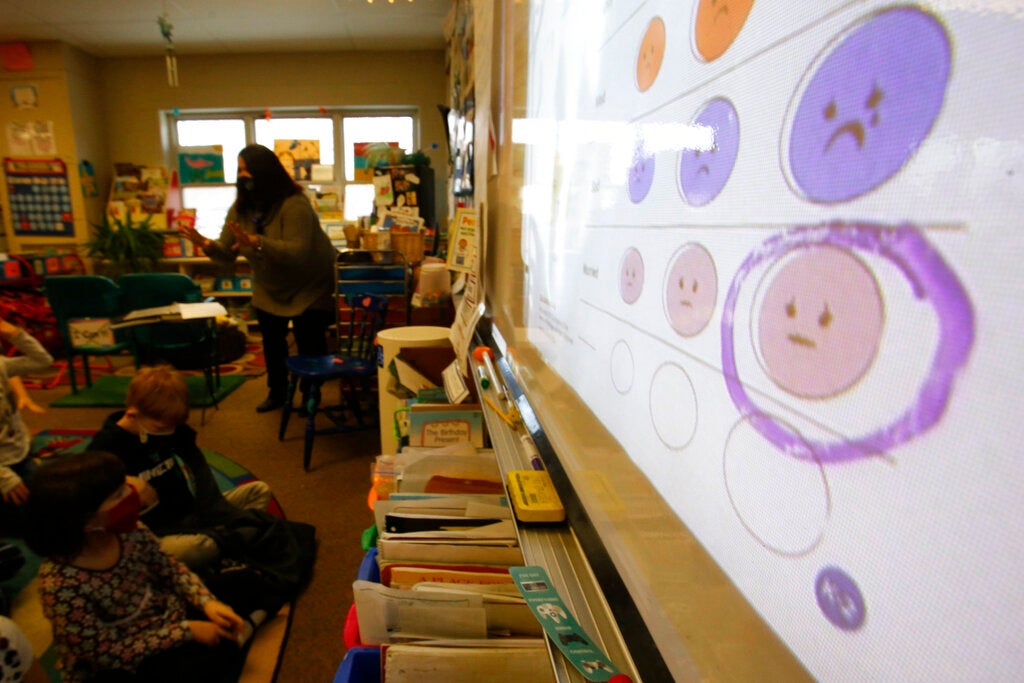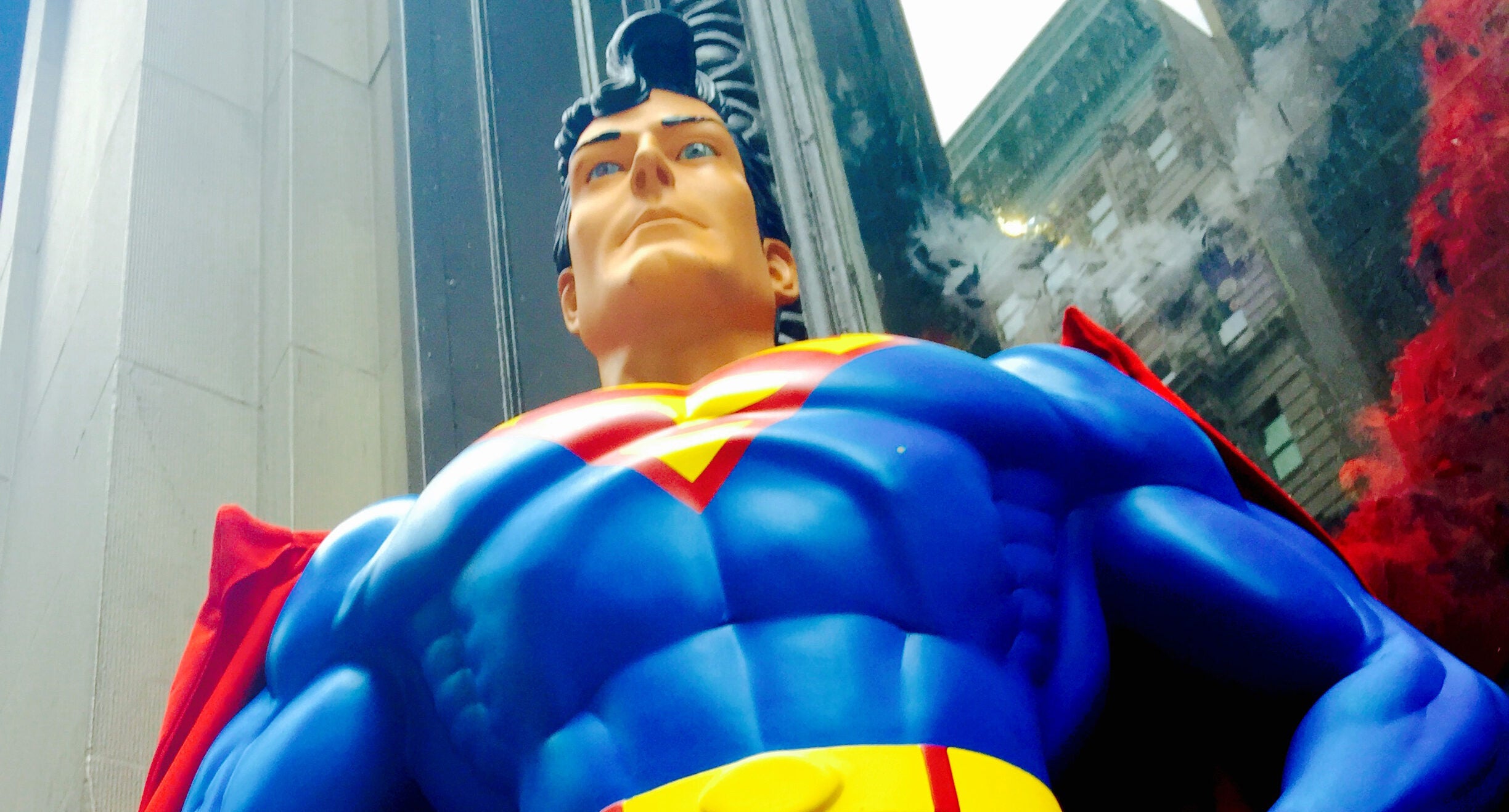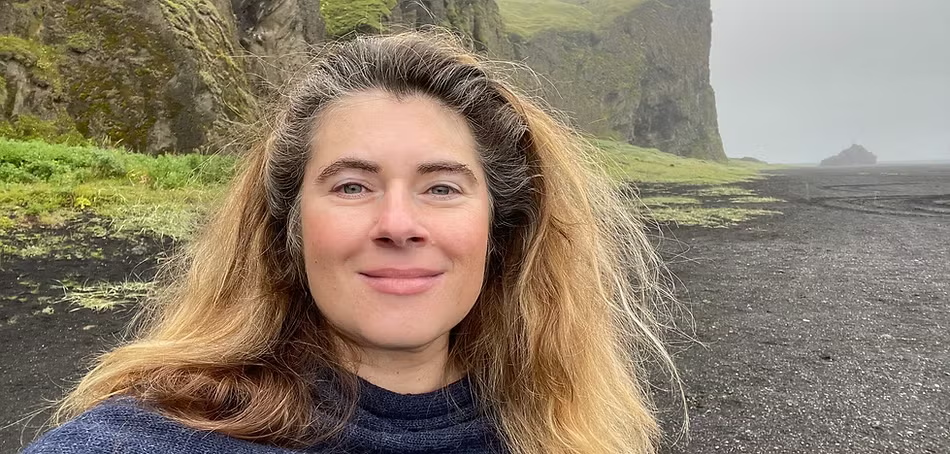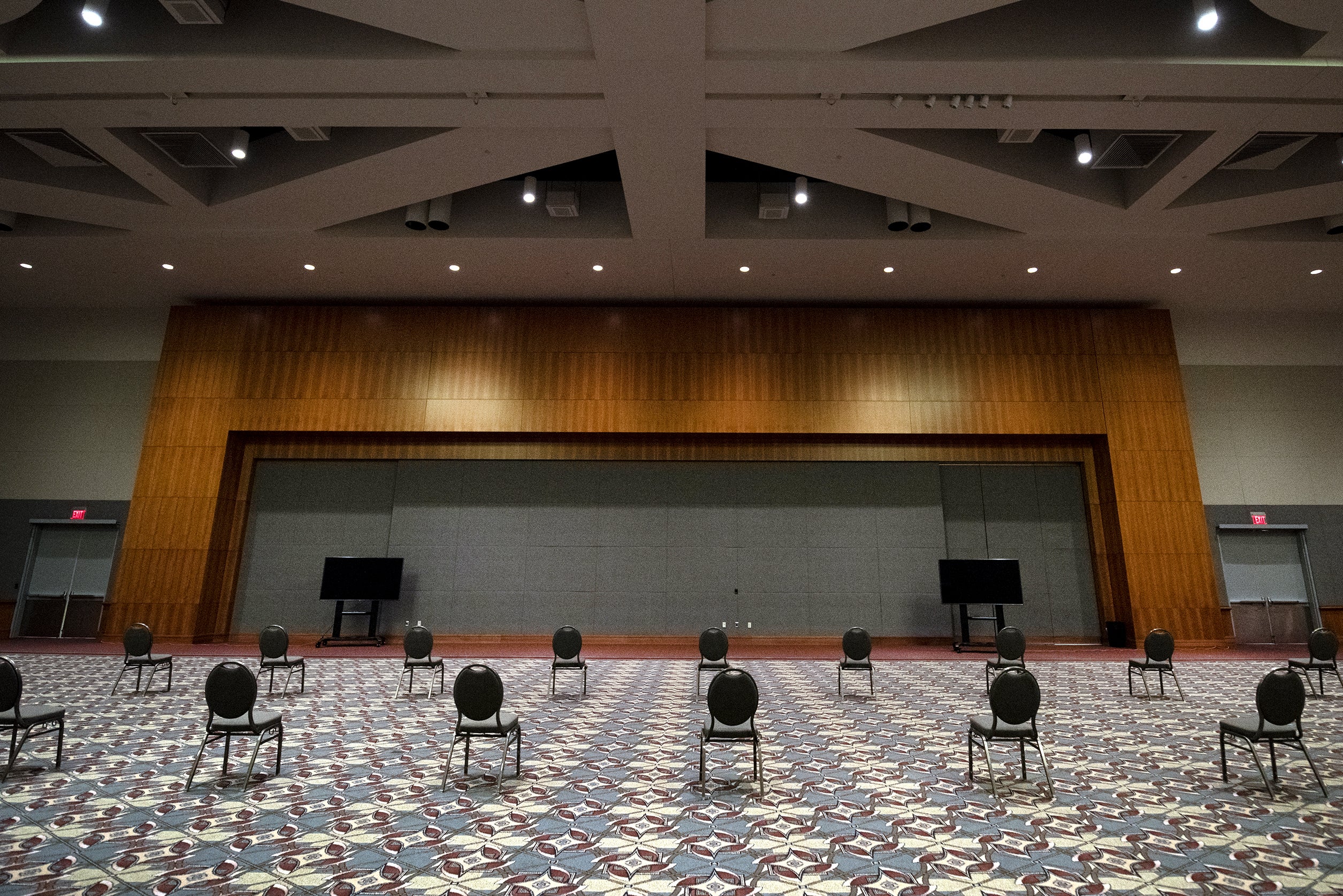We’ve had eight weeks of fear, anxiety, exhaustion and trauma — and it’s not over yet. As health restrictions ease and states and countries begin to emerge from lockdown, mental health professionals warn the psychic toll of the pandemic could be severe.
Psychologist and renowned grief expert David Kessler believes we’re living through an unprecedented experience of collective grief. He says that how we recognize and respond to it will make all the difference in how we move forward, individually and collectively.
“This is different than anything we have seen since probably World War II,” Kessler told me for “To The Best Of Our Knowledge.”
News with a little more humanity
WPR’s “Wisconsin Today” newsletter keeps you connected to the state you love without feeling overwhelmed. No paywall. No agenda. No corporate filter.
Kessler worries that because the experience is so unusual, many people don’t even realize they’re in grief.
“People have been feeling something in them that they can’t identify, ” he said. “And when they hear ‘grief,’ they’re like, ‘Oh my gosh, that’s it. That’s what this sadness is. That’s what this heaviness is.’”
Kessler has counseled thousands of survivors of trauma and disaster. He worked closely with psychiatrist Elisabeth Kubler-Ross on the famous five stages of grief, to which he recently added a sixth: finding meaning. Since March, he has hosted a daily free online grief support group with nearly 14,000 members.
So what’s his advice for a nation facing collective grief in response to the pandemic? Here’s our conversation, condensed and edited for clarity.
Anne Strainchamps: David, what does it look like to be in grief collectively, as a nation?
David Kessler: Great question. So let me do the stages for you around the pandemic.
Denial: “This can’t be happening in our modern world! There’s a virus we don’t know how to fight? That can’t be.”
Anger: “I’m going to lose my job over this? That will destroy me. I’m furious about that!”
Bargaining: “All right, if we stay home for two weeks, then everything will go back to normal, right?”
Depression: “This is going to go on? You’re not sure of the end date? That’s so sad.”
And finally, acceptance: “This is our new reality. OK, what can we do now?”
Acceptance is where the power lies, where the action takes place.
AS: Many of us are feeling some kind of emotional distress right now. Why do you think identifying it as grief helps people feel better?
DK: Because it takes energy to keep your feelings down. But that’s what we do, all the time. It’s a by-product of the self-help movement. We’re the first generation to have the luxury of feelings about our feelings. We feel sad, (but say) “I shouldn’t feel sad because I’ve got enough food. “We feel angry, (but say) “I shouldn’t be angry because no one I love has died.”
We half-feel all our feelings and suppress them, and we’re exhausted from that.
The truth is, if you allow yourself to feel the sadness or the anger, it will move through you in a few minutes.
AS: You worked with Elisabeth Kubler-Ross on the famous five stages of grief. You recently added a sixth — finding meaning. What is that?
DK: As you may know, my younger son died a few years ago. When I was in my darkness, I kept thinking, “When you’re in this kind of pain, where is the light?”
I studied (Austrian psychiatrist and Holocaust survivor) Viktor Frankl’s work. And I was so amazed. How did they appreciate a sunset in a concentration camp? How did they do that?
So I began to think more about meaning. I interviewed people who had a spouse die after 30 years, or a parent die, or a child die. And I realized that for the people who found meaning, it didn’t take away the pain of their loss, but it gave it a cushion.
AS: Not to be difficult here, but can you tell me what you mean by “meaning?”
DK: Yeah, people hear that and they go, “Wait a minute. There’s no meaning in my loved one being murdered. Or dying from COVID-19.”
And I agree. Meaning is what you do after. How you change because you knew this person, or because of how they died. What you do to honor them, or connect to them, or prevent others from dying that way.
There are people who start foundations and big organizations, but meaning can just as easily be found in little, small things.
AS: So where do we look for meaning in a pandemic?
DK: I’ll give you an example. I live on a block of maybe 30 houses, but I’ve never known more than two neighbors on each side. In the pandemic, we now have everyone’s phone number. We’re all on a text chain together. If someone’s going the grocery store, we say, “Hey, the elderly man at the end of the street — does he need anything?” That text chain is a really meaningful moment for us, proof that in this bad there is still good.
If we can name these meaningful moments, these pockets of light in the darkness, then when we come out of this we are more likely to have post-traumatic growth instead of post-traumatic stress.
AS: You talk about the importance of remembering that you are the legacy of the person that you loved who’s died. To date, more than 300,000 people have died of COVID-19. We are their legacy. I’ve been trying to think about what that might mean, going forward.
DK: Right. How do we hold that legacy?
AS: It feels like that’s the choice we have. And that it’s important we talk about it.
DK: Do I go back to work and act like everything’s fine and nothing happened? Or do I go back to work and go, “Everything’s changed. What now? How do we honor them? How do we move forward? How do we make sure that nothing like this happens again? How can we live in a world that’s more prepared for this?”
Every generation gets challenged. This is ours. The question is not just, “What are we going to do after this?” It’s, “Who are we going to be?”





